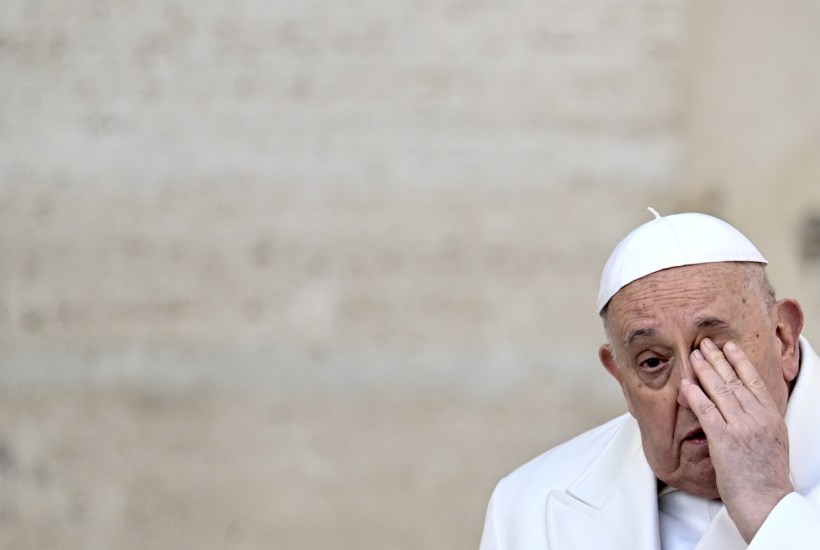Pope Francis has made a statement on the Ukraine war that has sparked fury among many of Kyiv’s supporters. Asked by a Swiss television interviewer whether the Ukraine should ‘raise the white flag’ Francis replied, ‘When you see that you are defeated, that things are not going well, you have to have the courage to negotiate,’ adding that he believed that ‘the stronger one is the one who… thinks of the people, who has the courage of the white flag.
Already a subscriber? Log in
Subscribe for just $2 a week
Try a month of The Spectator Australia absolutely free and without commitment. Not only that but – if you choose to continue – you’ll pay just $2 a week for your first year.
- Unlimited access to spectator.com.au and app
- The weekly edition on the Spectator Australia app
- Spectator podcasts and newsletters
- Full access to spectator.co.uk
Or




















Comments
Don't miss out
Join the conversation with other Spectator Australia readers. Subscribe to leave a comment.
SUBSCRIBEAlready a subscriber? Log in